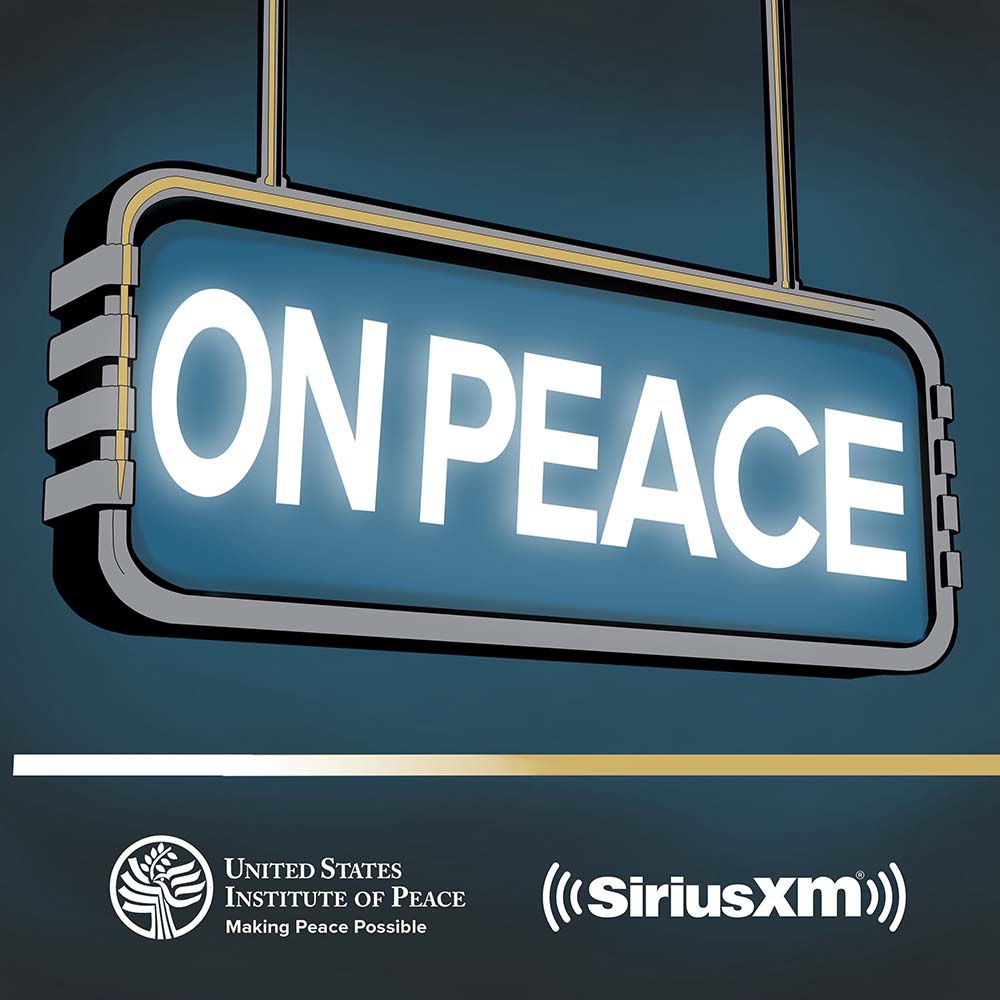From Lebanon, Osama Gharizi shares his analysis about the clarity of U.S. objectives after retaliatory missile strikes targeting the Assad regime’s suspected chemical weapons facilities. Gharizi says these strikes sent a signal to Assad and his allies that there are limits to U.S. and coalition intervention in Syria. In turn, these limits strengthen Russia, Turkey, and Iran’s roles as the diplomatic arbiters to negotiate a peace deal. Separately, Gharizi addresses the risks associated with the suggestion of setting up an Arab force in Syria that could create further obscurity in terms of U.S. intent and objectives versus those of Arab countries forming such a force.

Over the weekend, Imran Khan became the first Pakistani prime minister to be ousted in a no-confidence vote. USIP's Tamanna Salikuddin says, "There are...

This year has seen an extraordinary rise in people power. Despite significant coverage of these movements, many misconceptions about how they work persist. USIP’s...

For the first time, the International Criminal Court has charged high-level Russian commanders with crimes against humanity — showing that Russia’s assault on civilians...